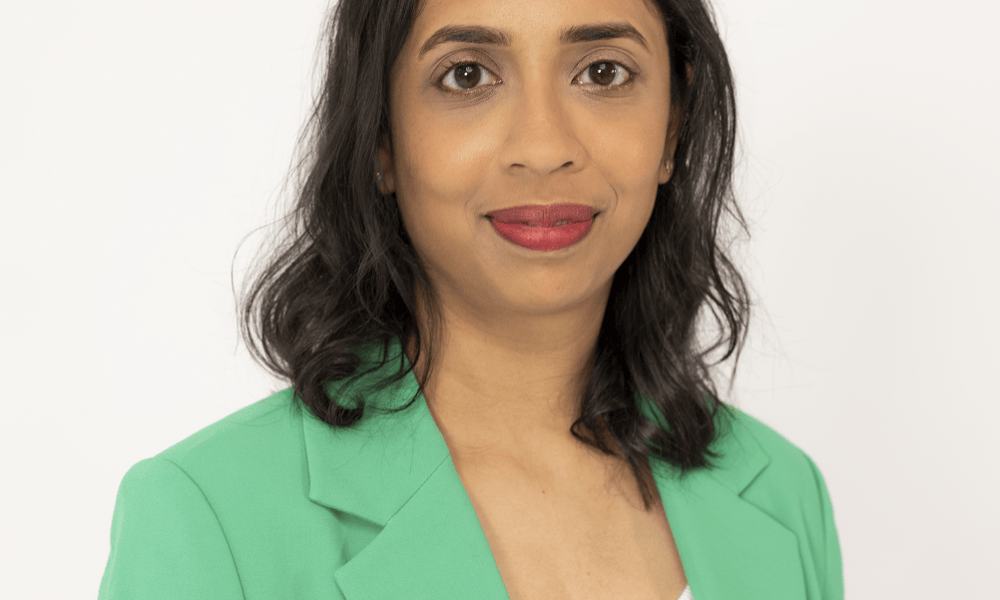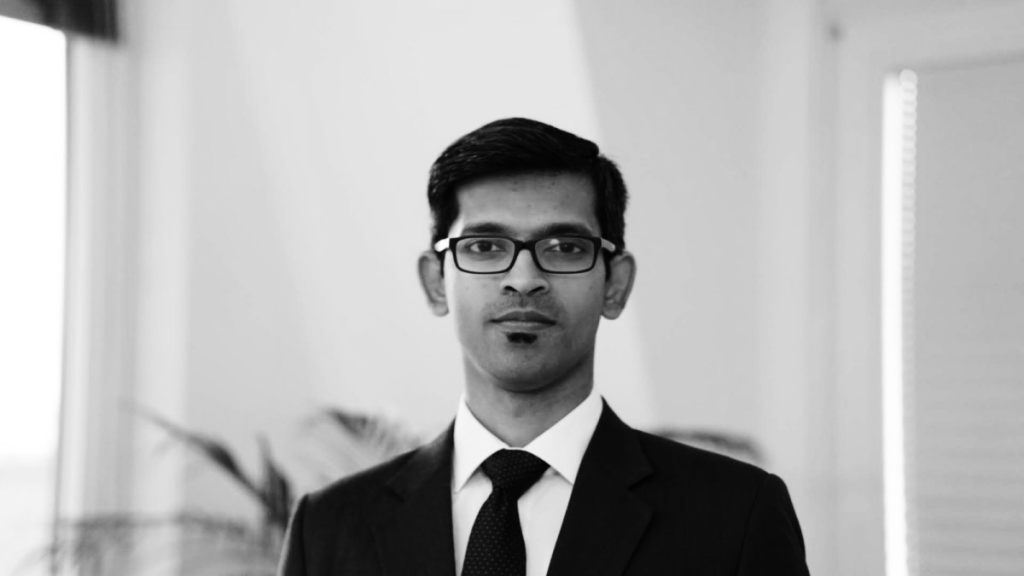
“Will robots make doctors obsolete? Nothing could be further from the truth”, read the headline of a Guardian opinion piece back in January 2020.
But then came Covid-19, and the unprecedented NHS wait-times and exponential rise in telehealth that followed.
In a post-pandemic world, individuals and workplaces alike are turning to healthtech for their health and wellbeing needs – and it’s a trend that does not seem to be slowing down.
Aon’s 2022 UK Benefits and Trends Report revealed 73 per cent of employers think that health and wellbeing technology and apps will positively impact engagement with employees for the future workplace.
But, whilst apps play a crucial role in making the future of healthcare accessible, affordable and inclusive, at the heart of the most effective healthcare apps are human experts and genuine connection.
Use digital to fill the gaps in healthcare
Menopause, fertility, early parenthood, men’s health and women’s health are just some of the underserved areas of healthcare that often lack accessible support and reliable information.
There is a need for specialist health support for the masses – GPs often lack comprehensive training on specialist areas of health, but self-funded alternatives are too expensive for many.
Practical issues such as lack of appointment availability, service hours clashing with working hours, and individuals not being able to leave home for appointments due to caring responsibilities are also major barriers to access.
As a result, a concerning number of people are turning to Doctor Google. Research by Peppy revealed that 65 per cent of working-age women turn to Google as their primary source of help for health concerns.
Digital health apps are a great solution, making it possible for people to access the health support they need in a way that is simple, affordable and anonymous.
Apps give people immediate access to the latest healthcare trends and content that is tailored to their needs, providing a personalised experience that’s vastly more trustworthy than Google, faster and at a fraction of the cost of a private medical consultation.
Last year, it was revealed that consumer health apps are the most commonly used digital tools.
B2B2C solutions, delivered as part of a private medical insurance or employee benefits package, are also on the rise; two-thirds of large businesses plan to use technology to enhance employee benefits in the next two years.
For accessible healthcare, digital is the way forward.
Give users the power of choice
Just as every person is different, so is the way they want to access healthcare. Leading healthcare apps provide the information, advice and support people need, how they prefer to access it, at the touch of the button.
This means that the balance between human-led support and digital should be left in the hands of the individual.
Healthcare apps that are supporting thousands, or even millions, of users should give people multiple channels and content options, which span both digital-only and human.
For example, some of the best digital health apps connect users to real, human health experts via one-to-one chat, video consultations and live events, but also gives them access to a wealth of resources including articles, videos, audios, quick answer videos and lifestyle programmes.
Crucially, these resources all need to be evidence-based and signed off by an experienced clinical lead, so trust and human experience are a common thread even through self-serve digital resources.
Access to all areas of support needs to be unlimited, so users can take control of their experience – and ultimately the way they access healthcare.
Human experts have a key role to play
Society is embracing digital health more than ever before, but the apps which stand head and shoulders above the competition are those with a human touch. Leading mental health apps, for example, pair meditation stories with soothing celebrity voices.
A marketing ploy? Arguably. But there’s also something to be said for the calming effect of hearing a familiar voice.
Healthcare apps give end-users the rare opportunity to connect, not just with one expert but with a team of highly qualified experts, and all the experience they bring. It’s an opportunity that even top private clinics would struggle to match.
And it is this human, specialist care that end-users find most valuable: a recent report revealed that employees rank the ability to make appointments and connect to medical professionals highest in a list of health app features.
For taboo areas of health, the balance between digital and human is even more important.
Going through a fertility journey, managing menopause symptoms, breastfeeding, dealing with erectile dysfunction – the scenarios associated with these delicate, sometimes embarrassing, health issues can be complex and need to be treated delicately.
Technology provides all-important anonymity and remote, anytime access, so people can get the right support, at the right time and place, for them. It can give people access to the tests and finite diagnoses they need, quickly and easily.
But no robot or automated responder can provide the genuine empathy and human experience that a real-life expert on the end of a phone can do – this can’t be coded, and it’s what sets the best healthcare apps apart.
A digital healthcare app that relies 100 per cent on real humans on the end of the phone is neither practical nor commercially viable.
The future of digital health apps relies on striking the right balance between features that connect users one-to-one with real humans, and those which are self-serve, highly secure and data-driven.





